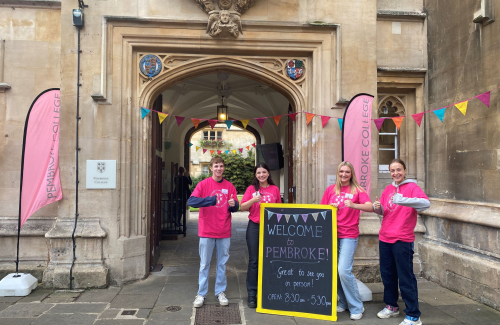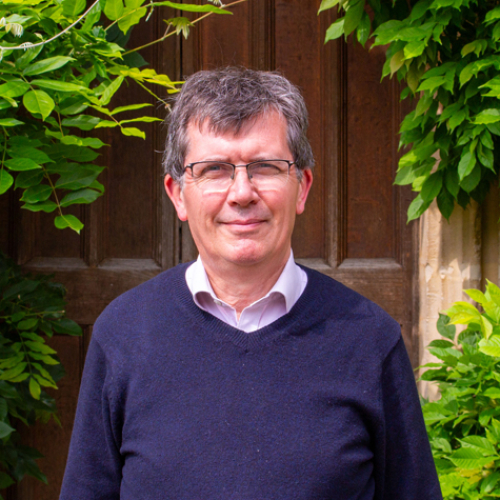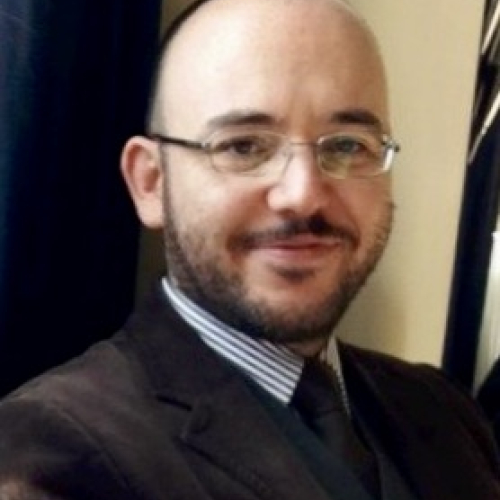European and Middle Eastern Languages (EMEL)
Why Choose Pembroke?
At Pembroke we have a very strong focus on joint honours degrees, and our tutors of different linguistic backgrounds work closely together to ensure you receive the academic guidance and support you need throughout your degree.
Pembroke is one of the larger language colleges in terms of tutors and students, offering an unusually wide variety of languages. Our key tutors in European Languages are Dr Tim Farrant, Tutorial Fellow in French and Professor Guido Bonsaver, Tutorial Fellow in Italian. In Middle Eastern Languages, our Tutorial Fellows are Professor Nicolai Sinai and Professor Fitzroy Morrissey who are both tutors in Arabic and are also responsible also for Persian, Turkish and Hebrew.
- Modern Languages has a number of dedicated subject reps who organise events throughout the year, giving you plenty of opportunity to meet and socialise with students across multiple linguistic disciplines. These subject reps also act as an academic and pastoral interface for students, within both European and Middle Eastern Languages.
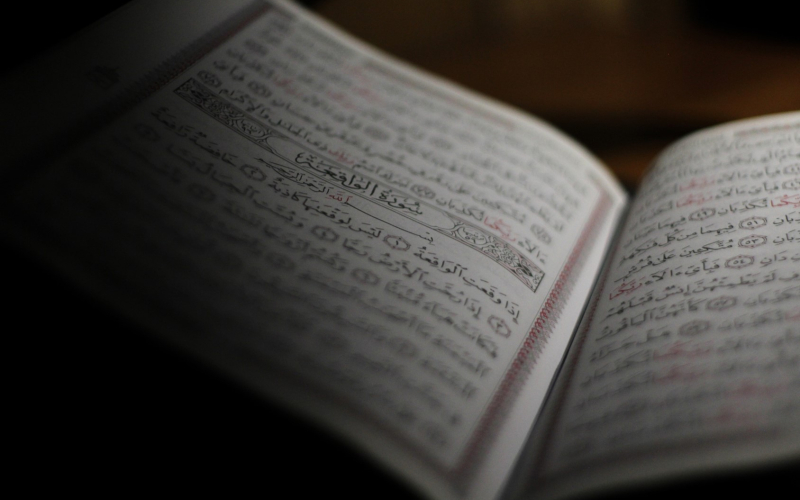
Looking for single honours courses?
If you're looking to take this course as a single honours degree, this course can be taken as Modern Languages or Arabic and Middle Eastern Languages
Interested in other joint honours courses?
We also offer these disciplines as part of other joint honours courses, such as English and Modern Languages, History and Modern Languages, Modern Languages and Linguistics and Religion and Oriental Studies.
Meet Our Academics
Pembroke European and Middle Eastern Languages students are eligible for £100 of funding in their first year and another £100 in their final year towards the cost of books for their course for personal use.
What our students say
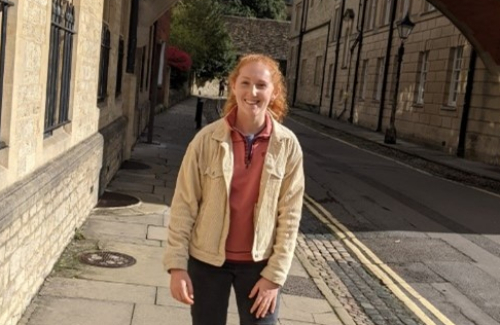
The terms are so short and there is so much to do that time really does fly, and you are often left with a feeling of wanting to do more – to find out more about your subject, to explore the city more, to meet more people.
European and Middle Eastern Languages (EMEL)
Why Choose Pembroke?
At Pembroke we have a very strong focus on joint honours degrees, and our tutors of different linguistic backgrounds work closely together to ensure you receive the academic guidance and support you need throughout your degree.
Pembroke is one of the larger language colleges in terms of tutors and students, offering an unusually wide variety of languages. Our key tutors in European Languages are Dr Tim Farrant, Tutorial Fellow in French and Professor Guido Bonsaver, Tutorial Fellow in Italian. In Middle Eastern Languages, our Tutorial Fellows are Professor Nicolai Sinai and Professor Fitzroy Morrissey who are both tutors in Arabic and are also responsible also for Persian, Turkish and Hebrew.
- Modern Languages has a number of dedicated subject reps who organise events throughout the year, giving you plenty of opportunity to meet and socialise with students across multiple linguistic disciplines. These subject reps also act as an academic and pastoral interface for students, within both European and Middle Eastern Languages.

Looking for single honours courses?
If you're looking to take this course as a single honours degree, this course can be taken as Modern Languages or Arabic and Middle Eastern Languages
Interested in other joint honours courses?
We also offer these disciplines as part of other joint honours courses, such as English and Modern Languages, History and Modern Languages, Modern Languages and Linguistics and Religion and Oriental Studies.
Meet Our Academics
Pembroke European and Middle Eastern Languages students are eligible for £100 of funding in their first year and another £100 in their final year towards the cost of books for their course for personal use.
What our students say

The terms are so short and there is so much to do that time really does fly, and you are often left with a feeling of wanting to do more – to find out more about your subject, to explore the city more, to meet more people.
